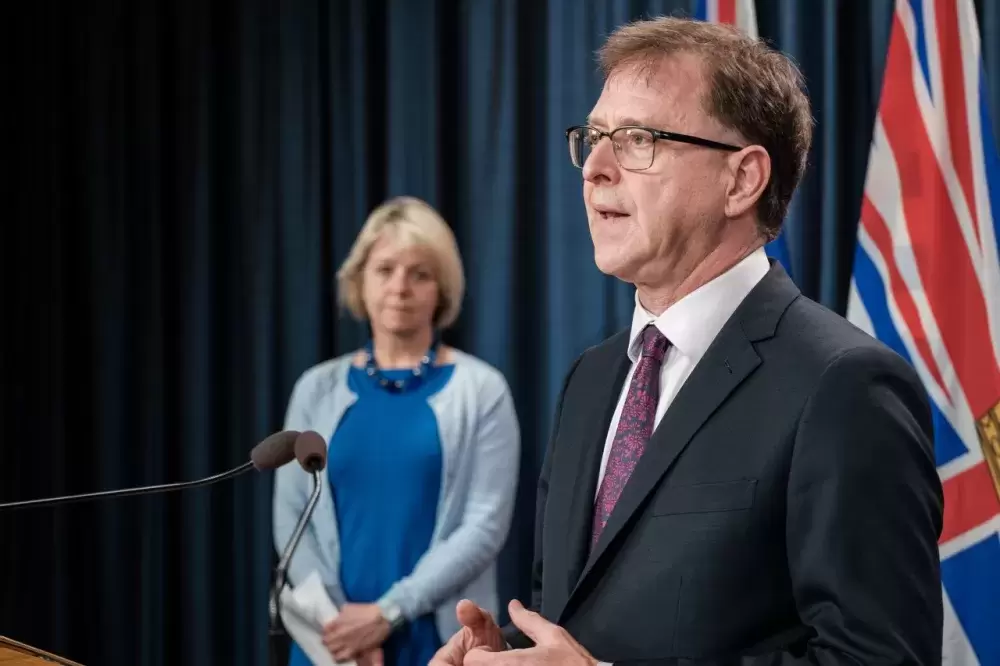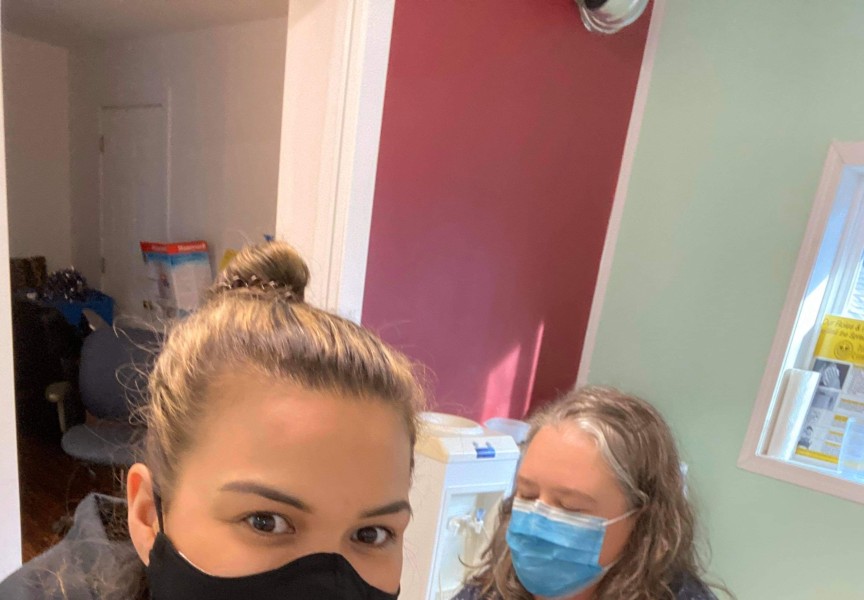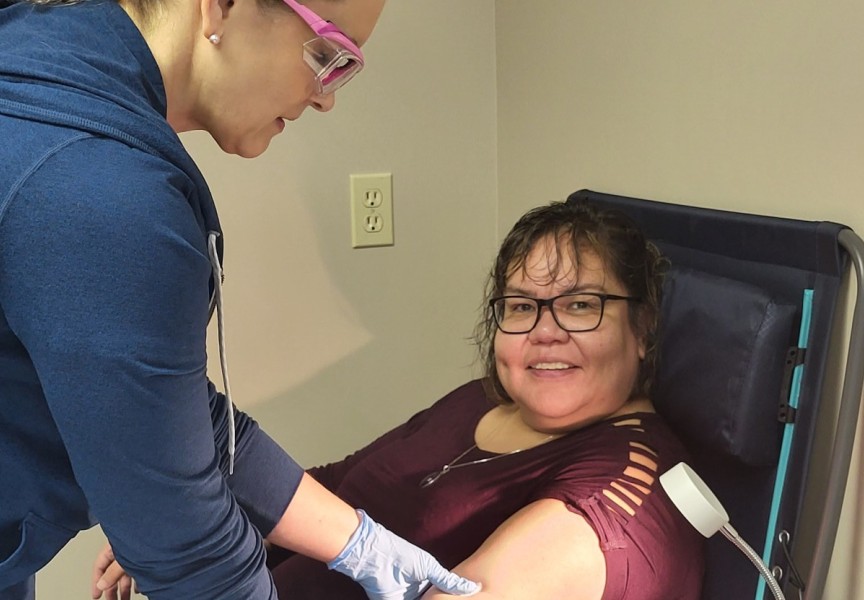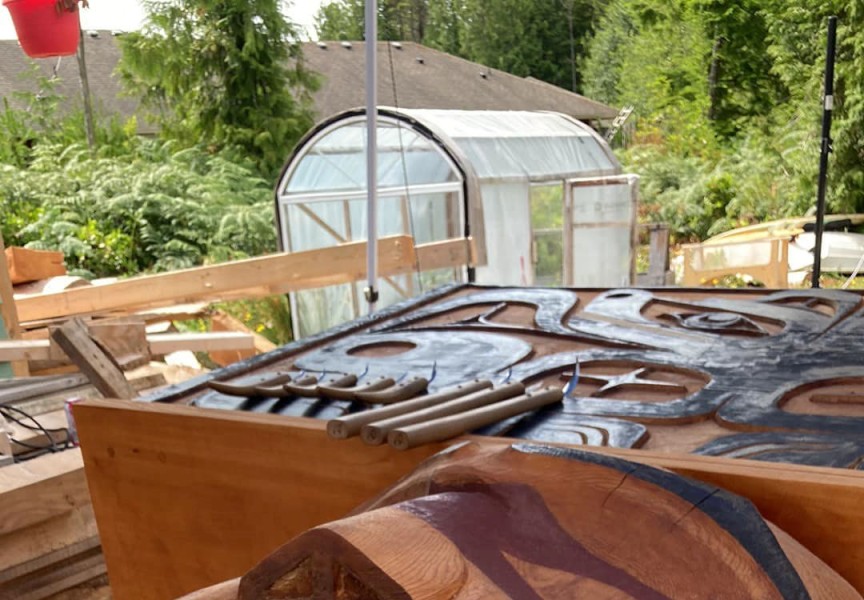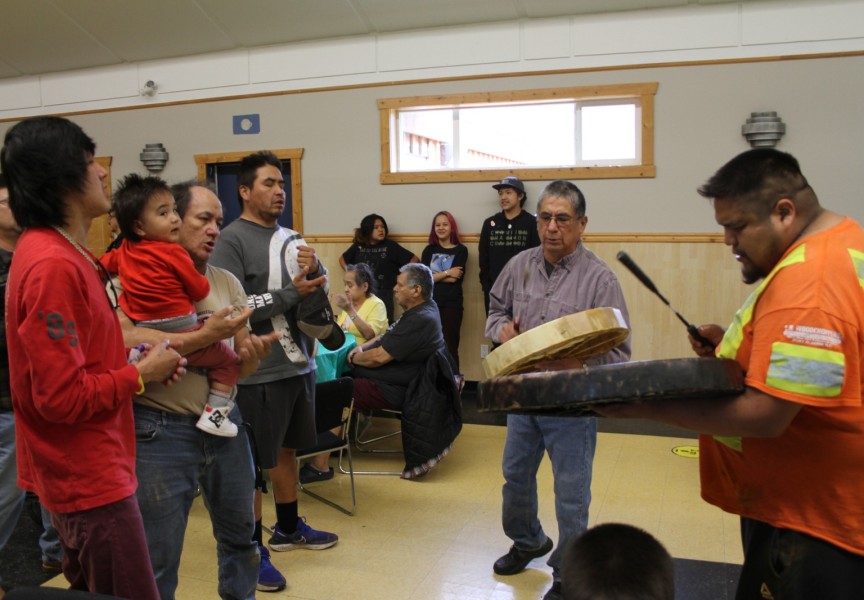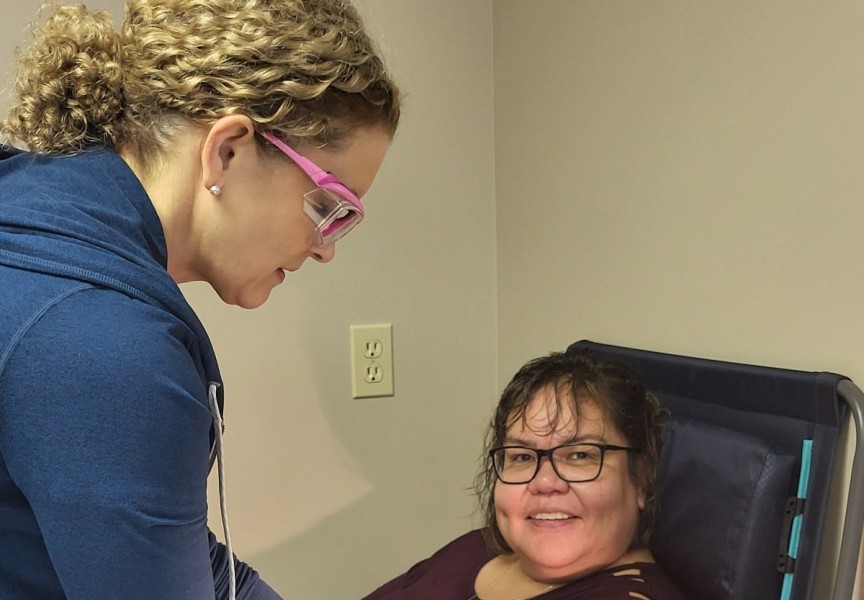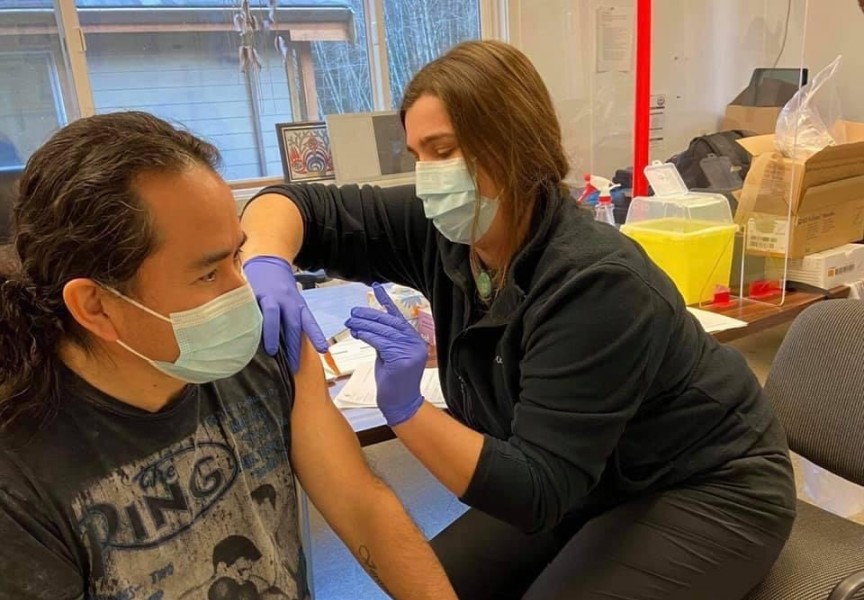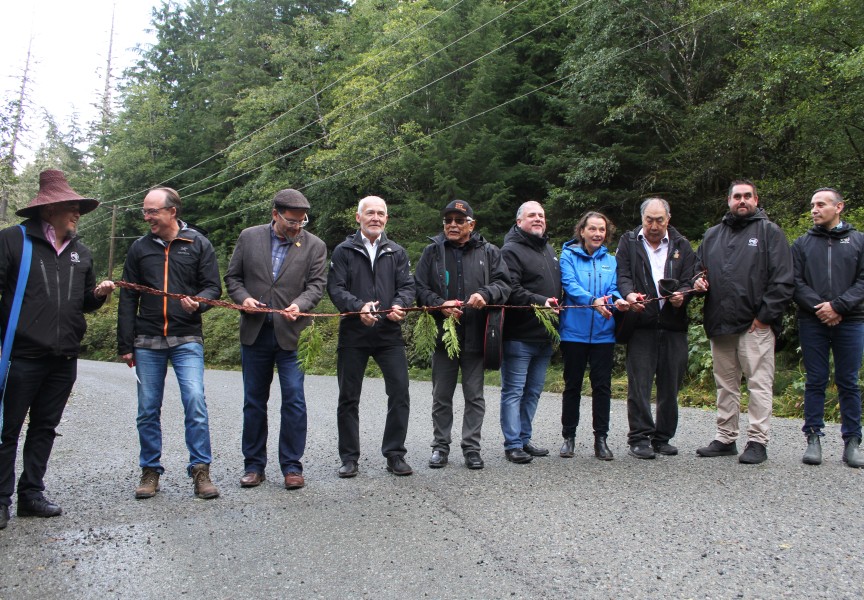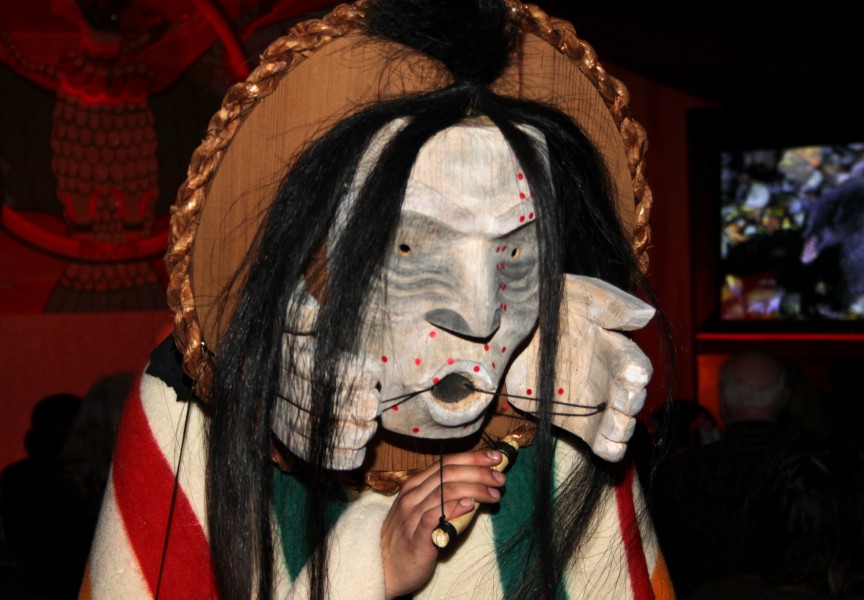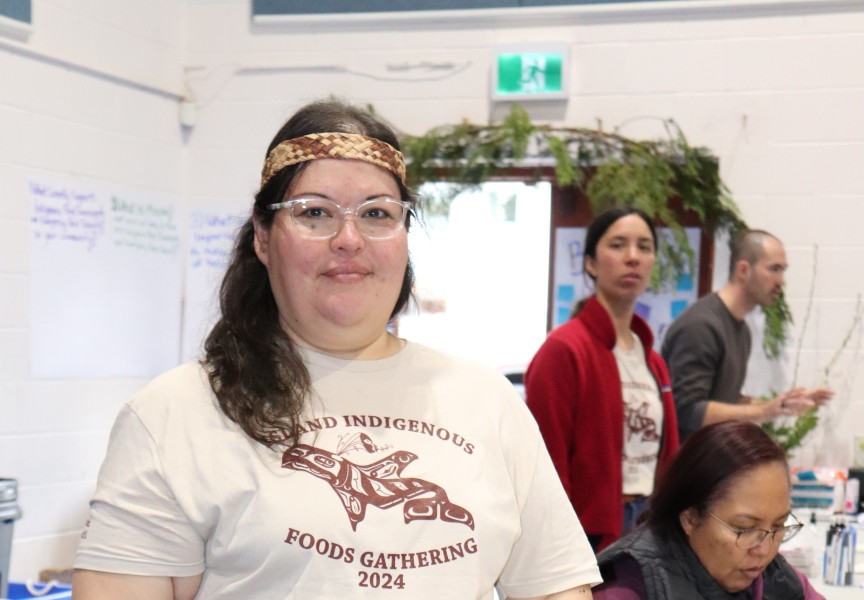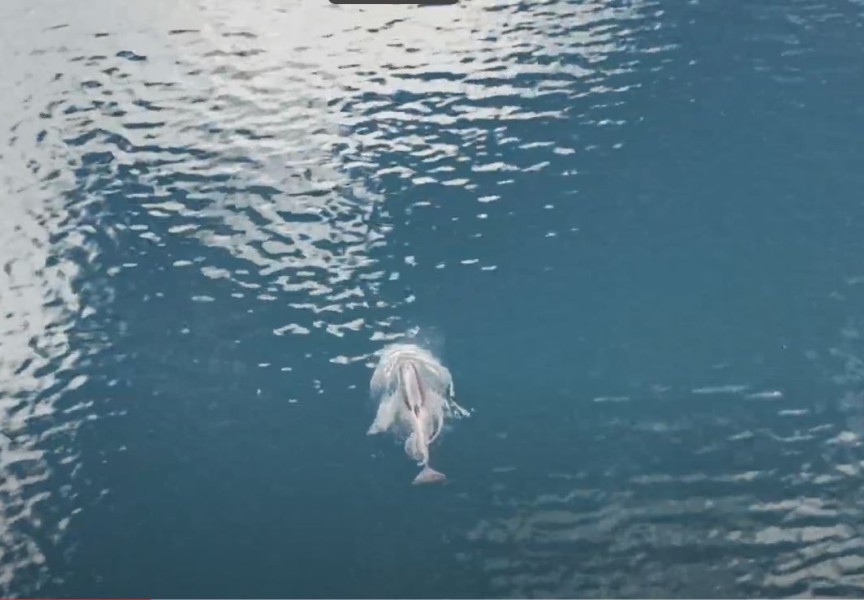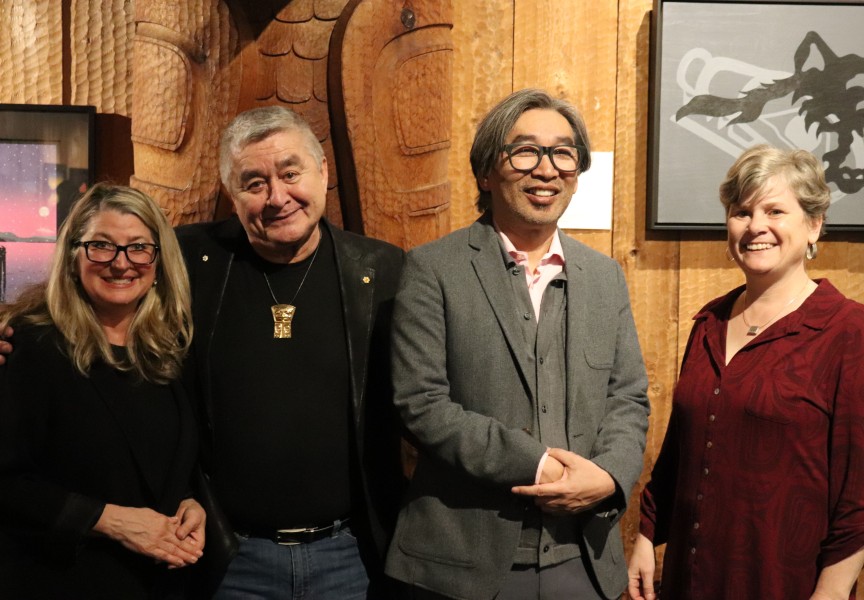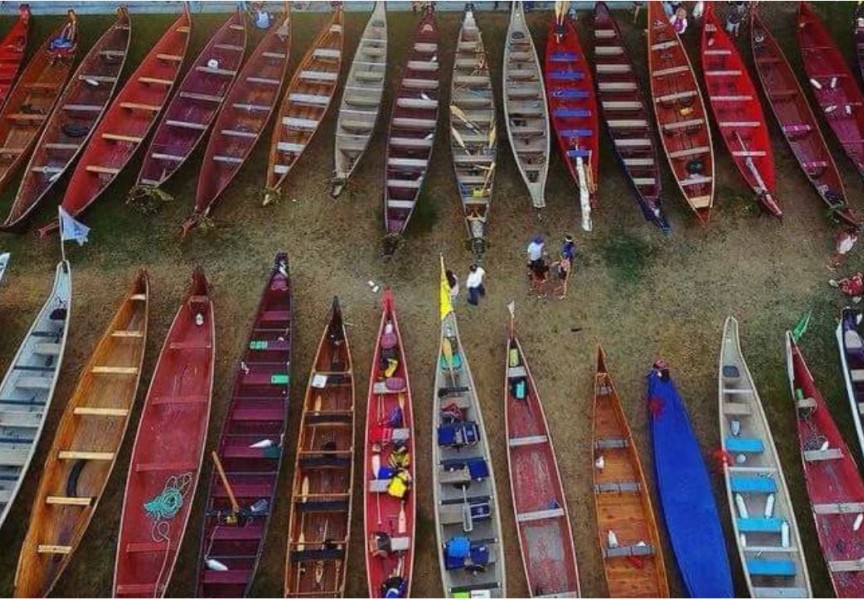As the number of B.C.’s coronavirus infections continue to rise, First Nations are left with no idea of how close these cases are to their communities, a vulnerability that a coalition of Indigenous governments is taking to B.C.’s Information and Privacy Commissioner.
The application was announced today by the Nuu-chah-nulth Tribal Council, Heiltsuk Nation and Tsilhqot’in National Government in an effort to gain information from the B.C. Ministry of Health on where new cases are – without disclosing a person’s identity. The submission lists Port Alberni, Bamfield, Ucluelet, Tofino, Tahsis, Gold River and Campbell River as municipalities that could be identified if a COVID-19 case is detected.
NTC President Judith Sayers noted that many Nuu-chah-nulth communities on Vancouver Island’s west coast are particularly vulnerable, with no hospital or access to respirators to assist someone struggling with the incurable respiratory disease. Ahousaht, for example, has over 1,000 residents who must take a 45-minute boat ride to Tofino for hospitalization.
“The biggest fear is the spreading of the virus into the communities, and it taking off into an outbreak,” said Sayers.
As of Sept. 15, there are 1,590 active COVID-19 cases in British Columbia, with 63 patients currently hospitalized. But very little has been disclosed on the specific locations of these cases, and how far away they are from the towns that many Nuu-chah-nulth members frequent. On Sept. 10 six cases were reported active in south Vancouver Island, while the central region had five and the north island had three, but First Nations have no idea what communities are currently carrying infections.
On Sept. 2 the first Nuu-chah-nulth on-reserve COVID-19 case was announced in the Mowachaht/Muchalaht First Nation’s community of Tsaxana – an infection that was declared over on Sept. 11, allowing the person free to return to public spaces. Then on Sept. 14 two positive cases were announced in the Heiltsuk Nation’s community in Bella Bella.
The application to the Information and Privacy Commissioner cites Section 25 of the Freedom of Information and Protection of Privacy Act, which states that a health minister must disclose information about risk of harm to a group of people.
“If COVID-19 proximate case information does not represent information about a risk of significant harm to our communities, we don’t know what does,” stated Marilyn Slett, chief councillor of the Heiltsuk Nation, in a press release issued Sept. 15. “The idea that we need to have an outbreak – as we have just had in our community – before B.C. will share information, is reckless and colonial, and it goes against B.C.’s own laws and promises of reconciliation.”
The push to share more information with West Coast First Nations goes back to June 9, when the NTC listed four conditions for its nations to open their territories to visitors, including support for culturally sensitive contact tracing, better availability of testing, improved screening and more open communication with the B.C. government.
At that time the NTC proposed a confidentiality agreement with the province to share the towns where COVID cases are detected. But the province wouldn’t agree to this, said Sayers.
“They just kept to their position,” she said. “I certainly don’t want to interfere with anybody’s personal information, but I think that it can be done in such a way that we can protect that person.”
In correspondence with the NTC over the summer, Breanna Chandler, executive director of B.C.’s Office of Indigenous Health, cited the need to protect an infected person’s confidential information, in accordance with the Public Health Act.
“The reason for not disclosing location of individual cases is that there is a risk that person who is ill could be identified as having COVID-19 if the specific location is mentioned, thereby breaching confidentiality requirements,” wrote Chandler.
“To me it seems like critical information that should be out there,” responded Sayers. “If there are five cases in Port Alberni out of 20,000 people, how would we ever know who it was?”
During a press conference on Sept. 15, Health Minister Adrian Dix commented that risking the disclosure of a person’s identity could discourage more people from reporting themselves as the province works to control the pandemic.
“There are issues to balance here in terms of people’s right to privacy, which is closely connected to their willingness to engage in the process of the health care system. This has been a discussion from the very beginning with the first cases,” said Dix. “We have seen examples in communities - it can be a challenge in small communities and big communities - who are being blamed for having COVID-19, and we want people to come forward. We want people to let us know who their contacts are.”
But the coalition’s application cites the province’s duty to share the responsibility of managing the spread of the coronavirus by better informing First Nations. This is in accordance with the right to a First Nation’s self determination under B.C.’s Declaration on the Rights of Indigenous People’s Act, argues the coalition.
“The B.C. government gets to make their decisions based on that information, but we’re not, and we’re supposed to be government to government,” said Sayers. “They’re just treating us as if we’re not able to take care of ourselves, but we can.”

